Scoff: A History of Food and Class in Britain by Pen Voglerhttps://harpercollins.co.uk/products/the-little-book-of-marmalade-lucy-deedes?variant=32560630595662
£20, atlantic-books.co.uk
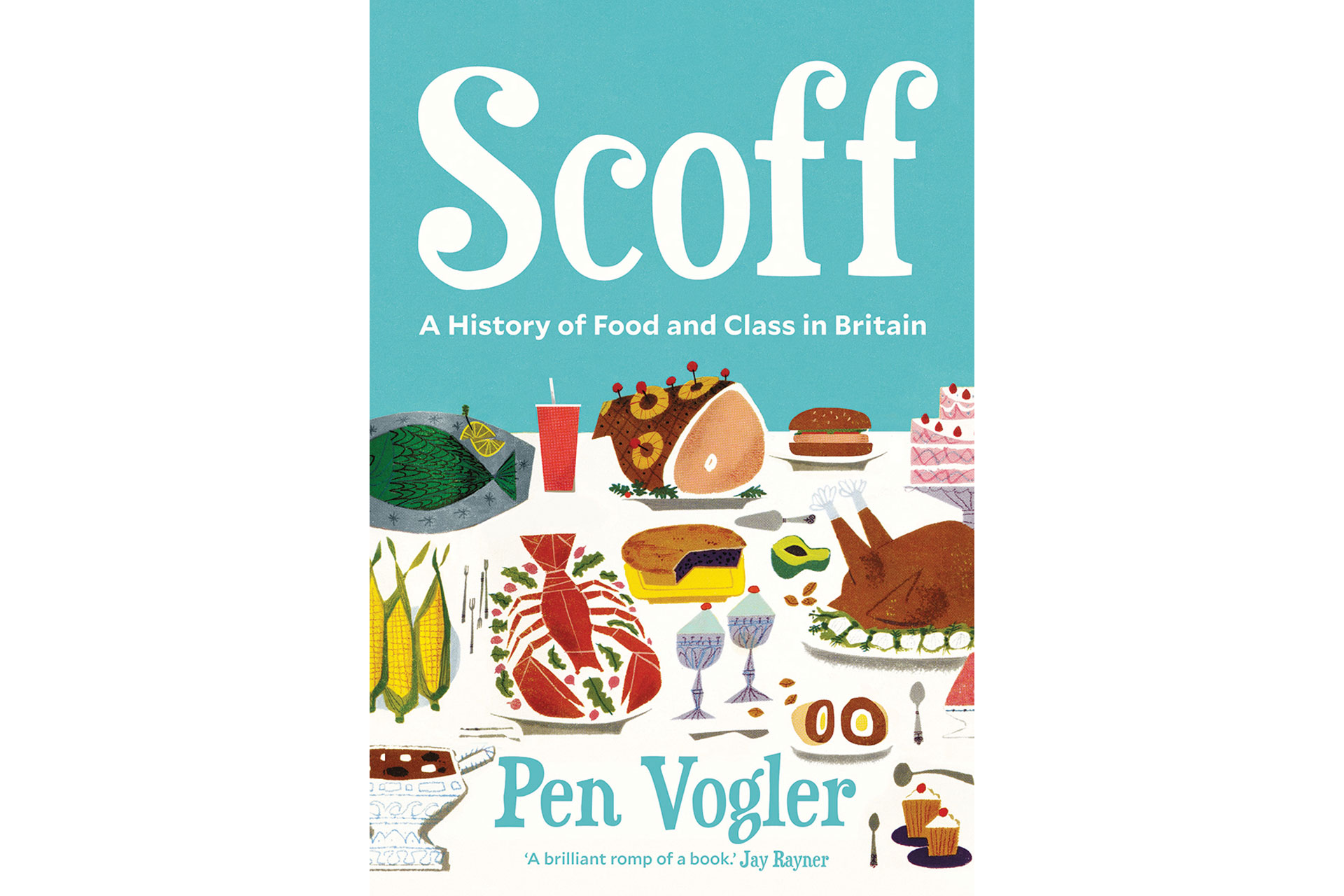
By
5 years ago
Feast on these food-tastic reads
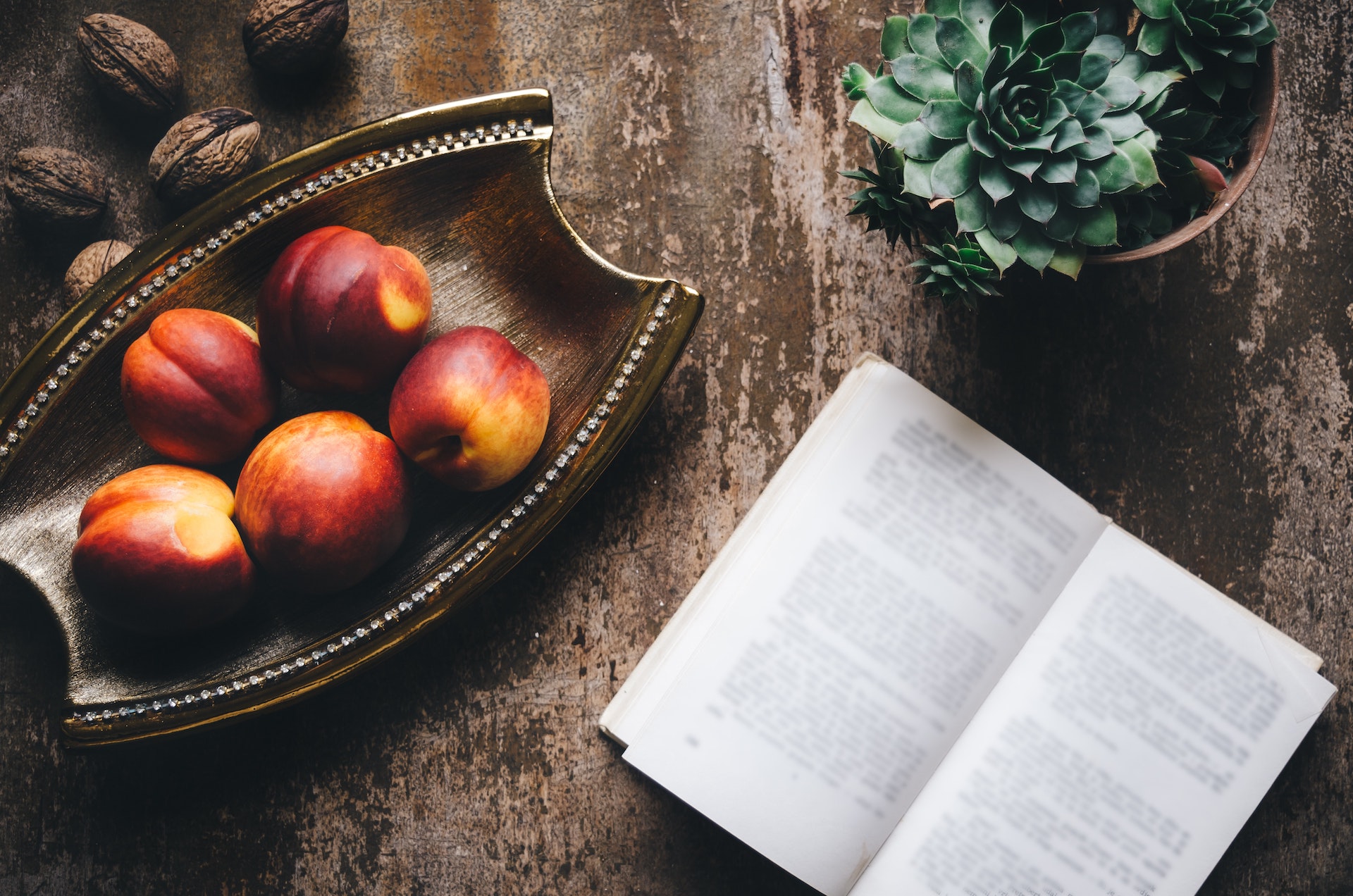
Five books about food to get your teeth into this summer…
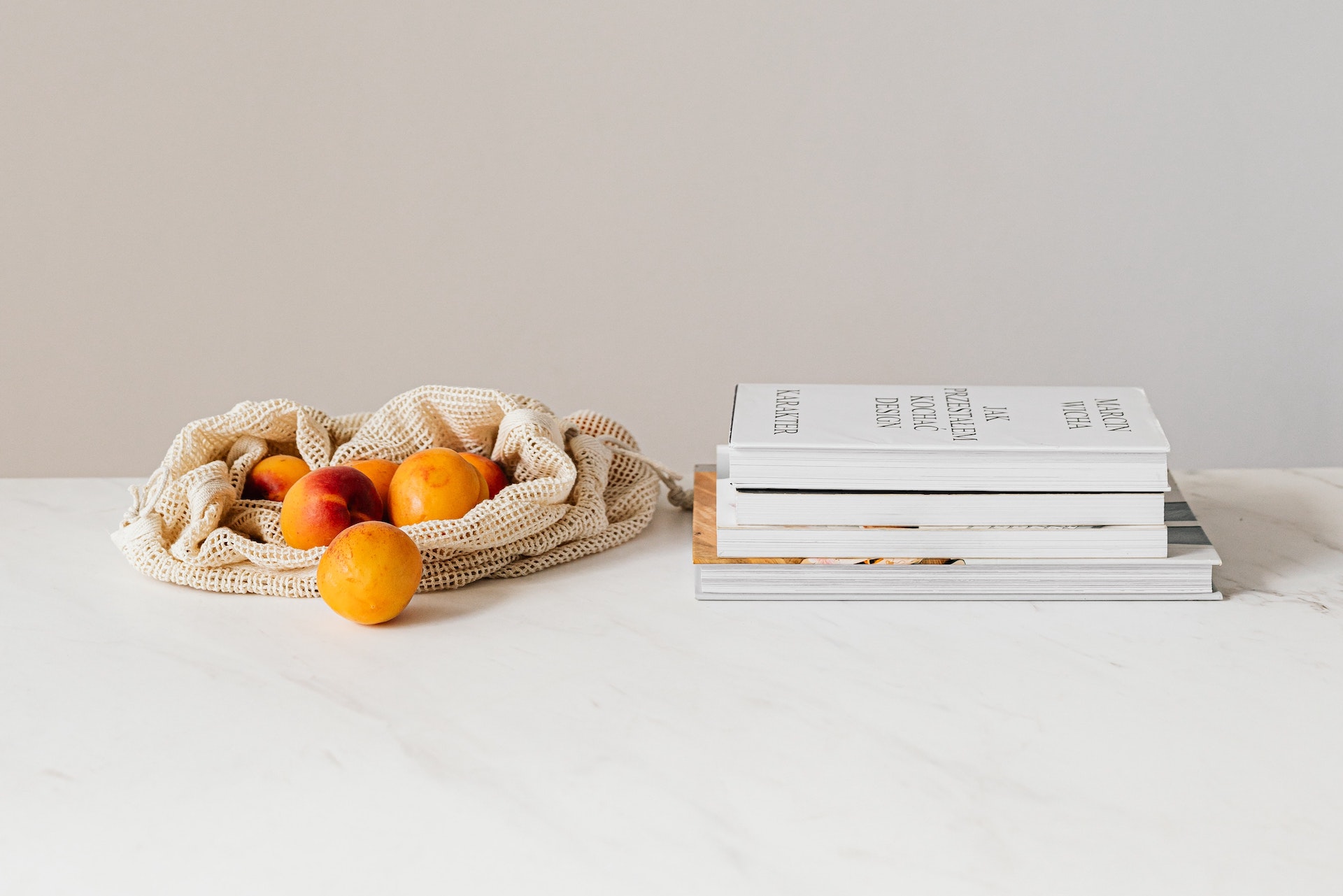
Robert Penn’s book, Slow Rise (Particular Books, £17.99), is a hymn to bread. ‘Its story,’ he writes, ‘is the story of humanity.’ This is both a history of bread, and its production from the dawn of civilisation to the present day, and an account of Penn’s attempts to emulate our forefathers in growing his own wheat in order to produce his very own bread. His way is complete immersion in his subject, the literary equivalent of method acting. He travels to the mountains of Anatolia where early man first baked bread and to the Great Plains of the American Midwest, where modern man grows millions of tons of grain. He borrows an acre of Wales on which to sow and then reap his own wheat, discovering at first hand what a tiresome job threshing is. He finds a mill to grind it and finally bakes his own bread. The result is a fascinating account of man’s most important staple, greatly enlivened by Penn’s enthusiasm and curiosity.
Scoff: A History of Food and Class in Britain by Pen Voglerhttps://harpercollins.co.uk/products/the-little-book-of-marmalade-lucy-deedes?variant=32560630595662
£20, atlantic-books.co.uk

ADVERTISEMENT
How to Have the Energy by Colette Heneghan and Graham Allcott
£9.99, iconbooks.com

ADVERTISEMENT
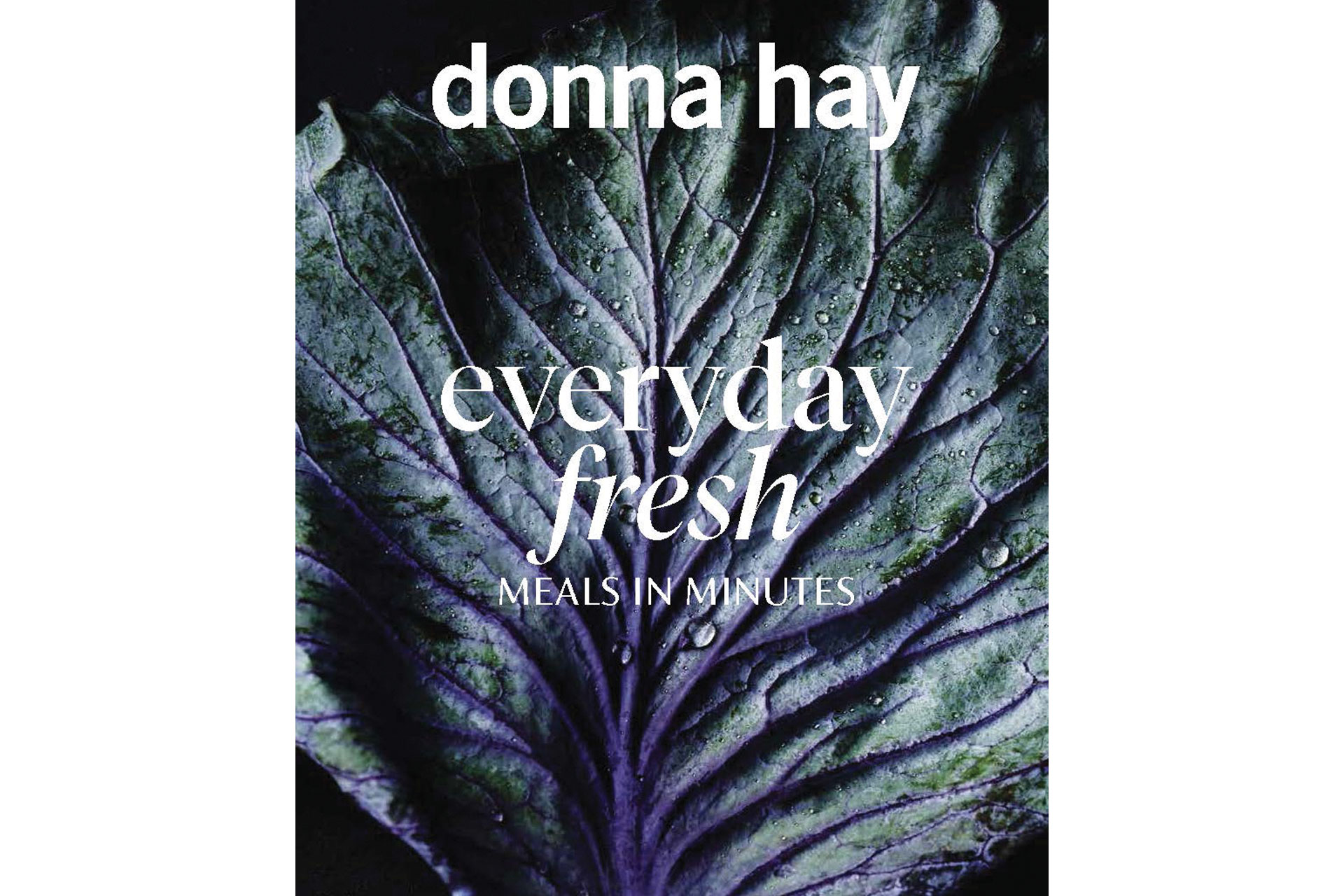
The Little Book of Marmalade by Lucy Deedes
£9.99. harpercollins.co.uk
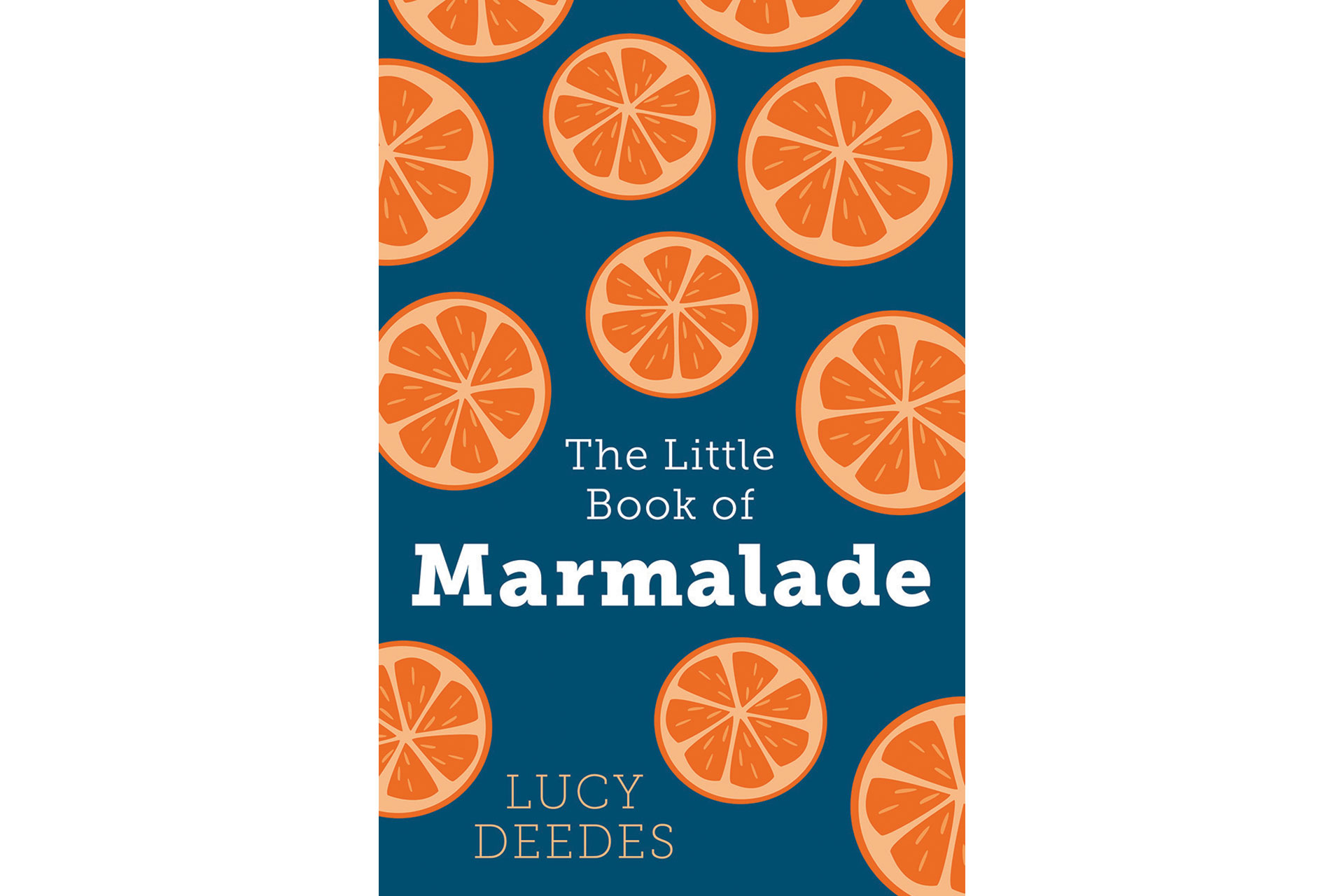
ADVERTISEMENT
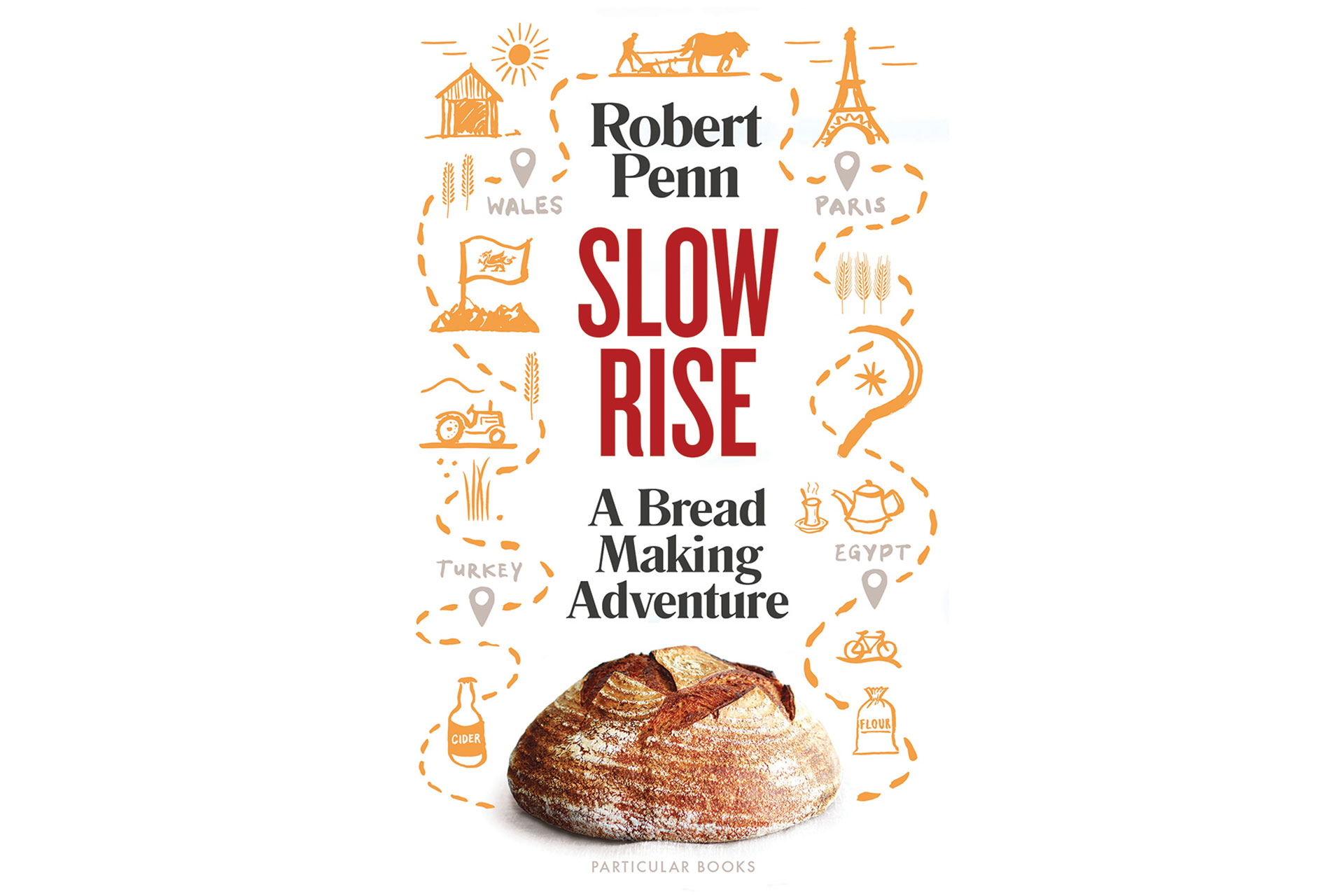
How to Have the Energy (Icon, £9.99) is a collaboration between ‘productivity expert’ Graham Allcott and nutritionist Colette Heneghan, offering advice on what to eat to achieve peak levels of performance throughout the working day. ‘It’s a busy person’s guide to eating well,’ say the authors, adding that ‘our most precious resource is our attention’. Keen on slogans to illustrate their points, the reader is exhorted to ‘Eat the Rainbow’, ‘Banish the Beige’, and ‘Ditch the Al Desko’. If you’re feeling liverish and unfocussed after Christmas, this book may offer redemption and a route back to your former dynamic self.
Likewise, after Christmas and New Year the body can start to crave lighter, healthier, quicker meals. Donna Hay’s new recipe book, Everyday Fresh (Fourth Estate, £20), offers lots of recipes, the majority of them vegetarian, which use a wide variety of fresh ingredients and are easy to cook but do not sacrifice flavour and interest to the gods of convenience. Your New Year’s resolutions could do worse than start here.
January is the month for making marmalade, when Seville oranges are at their best. Hot, bubbling pans and the bitter- sweet aroma of oranges and sugar are a delicious, homely contrast to short, dark cold days. Lucy Deedes’ The Little Book of Marmalade (HQ, £9.99) tells you everything you need to know about this conserve. Suffice to say it has a lot of uses – spreading some on your breakfast toast is merely the beginning.
READ MORE
Donna Hay’s Almond Crisp with Maple Pears Recipe /The Best Food & Drink Hampers